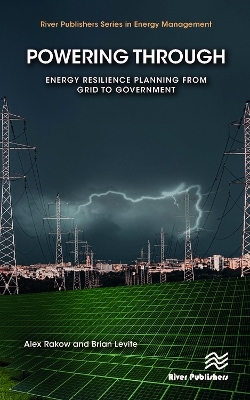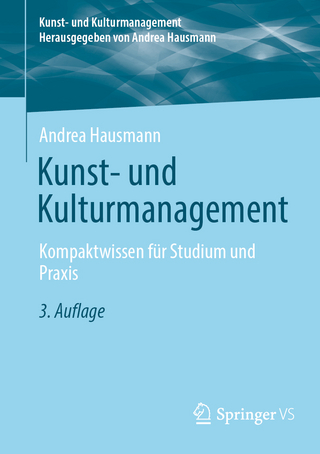
Powering Through
River Publishers (Verlag)
978-87-7022-786-5 (ISBN)
The threats to the electricity grid are on the rise at the same time as society is increasing its dependence on electricity for every aspect of our personal, social, and economic lives. We are accelerating that dependence – looking to the electrification of transportation and buildings as a way to stem the threats of climate change. Those threats have now arrived (in the form of more extreme weather, droughts, and wildfire) and they are joined by increasing threats from an aging grid and cyberattacks. The grid we rely on is experiencing increasingly vulnerable external forces.
We aren’t helpless. Effective planning around these threats can dramatically reduce the havoc they engender on the electric grid. At every level, from a single building, to a city, to the electric grid and the federal government, steps can be taken to improve our resilience to threats to the electricity system. When those efforts are coordinated, their benefits multiply. This book aims to provide every level of decision-maker with tools and best practices for reducing the risk of and from electricity loss. It is written in non-technical language, with a focus on actionable, easily implemented steps.
Brian Levite is a Certified Energy Manager with 23 years of experience in the energy industry. He has supported the Environmental Protection Agency, Department of Energy, and numerous corporations and electric utilities in areas of energy strategy. While at the National Renewable Energy Laboratory, Mr. Levite was the one of the developers of and instructors for DOE’s Community Energy Strategic Planning Academy. He has a BA in Environmental Policy and an MA in Public Policy from The American University. Mr. Levite currently works at ICF Consulting where he helps utility and government clients understand how best to incorporate new technologies into the grid. Alex Rakow is a Certified Energy Manager with 11 years of experience working on facility management issues related to energy and sustainability performance for both public and private clients. Mr. Rakow was part of the team that created and developed the Hitachi microgrids business at Hitachi America. He has a BA from Cornell University in Environmental Science, and an MA from Johns Hopkins University, with a research focus on global economics and sustainability. Mr. Rakow is now the Sustainability Lead for the Cloud and Service Provider segment at Schneider Electric.
Introduction Part 1: Energy Resilience Principles 1. The Energy Resilience Imperative 2. Energy Resilience Concepts Part 2: Energy Resilience Strategies and Tactics 3. The Energy Resilience Planning Process 4. Resilience Metrics and Maturity Model Part 3: Energy Resilience at Every Level 5. Energy Resilience at the Grid Level 6. Energy Resilience at the Local Level 7. Government Resilience: Policy and Programs
| Erscheinungsdatum | 20.04.2023 |
|---|---|
| Zusatzinfo | 2 Tables, black and white; 4 Line drawings, color; 17 Halftones, color; 1 Halftones, black and white; 21 Illustrations, color; 1 Illustrations, black and white |
| Verlagsort | Gistrup |
| Sprache | englisch |
| Maße | 156 x 234 mm |
| Gewicht | 480 g |
| Themenwelt | Sozialwissenschaften ► Politik / Verwaltung |
| Technik ► Elektrotechnik / Energietechnik | |
| Technik ► Umwelttechnik / Biotechnologie | |
| ISBN-10 | 87-7022-786-1 / 8770227861 |
| ISBN-13 | 978-87-7022-786-5 / 9788770227865 |
| Zustand | Neuware |
| Haben Sie eine Frage zum Produkt? |
aus dem Bereich


